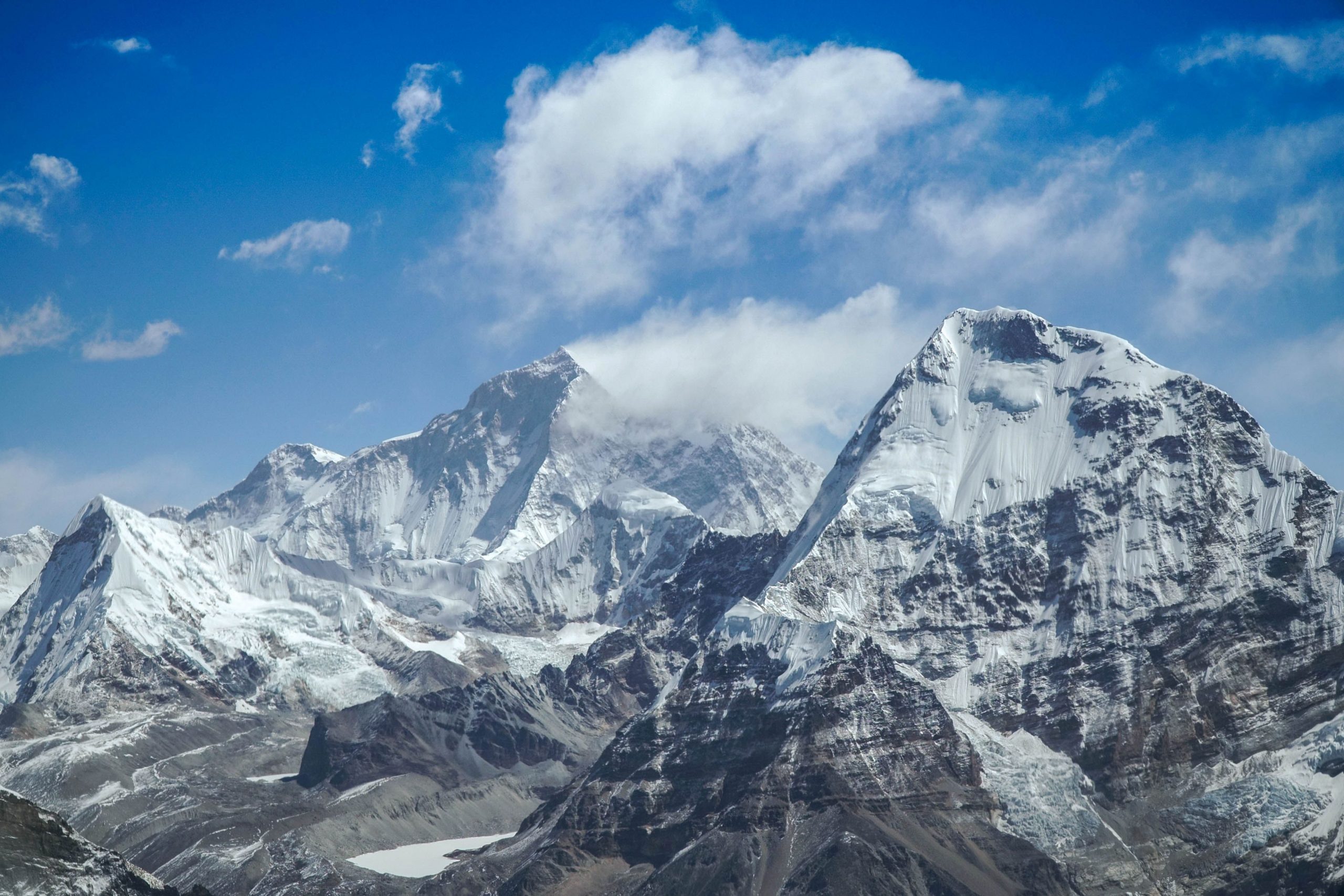The Intergovernmental
Panel on Climate Change which came out with the first part of its sixth
assessment report on Monday stated that the Hindukush Himalayas have undergone
warming at a higher rate that other high-altitude regions of the world.
“There has been a
greater warming over the Hindukush Himalayas with fast depleting snow cover and
retreating glaciers,” according to R Krishnan, executive director at the Indian
Institute of Tropical Meteorology in Pune and the lead author on the chapter on
water cycle and its changes in the IPCC report.
Also Read | Massive forest fire continues to ravage Greece’s second-largest island for 7th day
This does not bode
well for the climatic conditions of the Indian subcontinent as the Himalayas play
a very significant role in regulating land-ocean temperatures, which then
define the season’s rainfall mainly over India.
Meanwhile, the
snow cover along the Karakoram Himalayas and the Tibetan Plateau region has
remained largely balanced, the report states.
The IPCC report
further said that monsoons are going to show greater inter-annual variability
along with an increase in precipitation in South Asia during June to September.
Scientists
studying the climate further warned that ocean-atmospheric phenomenon like the
Indian Ocean Dipole (IOD) and El Nino Southern Oscillation (ENSO) will rise in
extreme ways towards the end of the 21st Century.
Also Read | India may see more heatwaves, droughts, cyclonic activity: IPCC report
El Nino and La
Nina are abnormal warming and cooling, respectively, of the Pacific Ocean which
influences monsoon in India.
IOD or Indian
Ocean Dipole is the warming of the Indian Ocean which also affects India’s
monsoon.
The report further
said that India is likely to see more heatwaves, droughts, rainfall and cyclonic activity over the next few
decades due to climate change.
Titled ‘Climate Change 2021: the Physical Science basis’, the IPCC report
is compiled by scientists in collaboration with 195 governments. The IPCC
report often forms the basis for climate-related action on global platforms.







